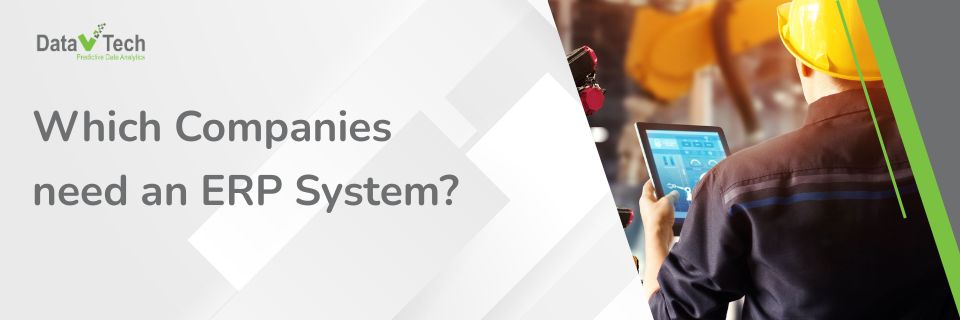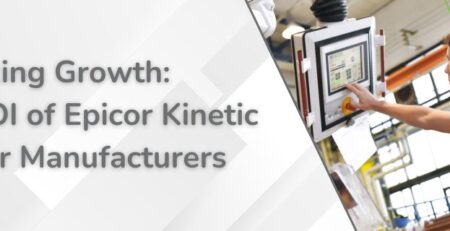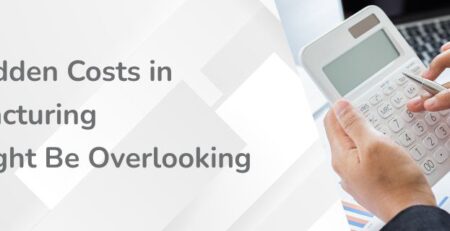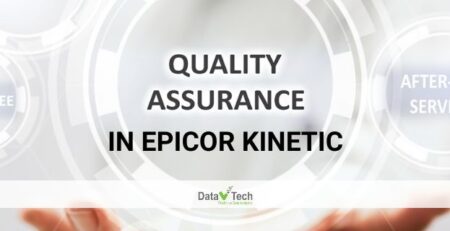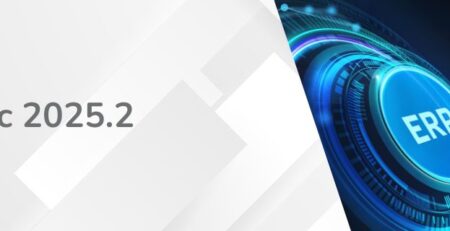Companies are increasingly demanding agility, precision, and data-driven decisions. However, determining the optimal time to consider an Enterprise Resource Planning (ERP) system and identifying businesses that truly benefit from investing in ERP can be challenging. At Data V Tech, we assist companies across Vietnam, Southeast Asia, and beyond in assessing whether ERP aligns with their needs and guiding them through the digital transformation journey. Let’s delve into the factors to consider when making this decision.
What Is ERP and What Does It Do?
ERP stands for Enterprise Resource Planning, a centralised software system that integrates core business processes. These processes encompass various functions, such as finance and accounting, inventory and warehouse management, supply chain and procurement, manufacturing and production, sales, customer relationship management (CRM), and more.
In contrast to managing disconnected spreadsheets, manual workflows, or standalone software, ERP provides a unified platform that facilitates seamless data flow across departments. This enables enhanced collaboration and real-time visibility.
Which Companies Should Consider ERP?
Companies Experiencing Rapid Growth
If your business is undergoing expansion, encompassing new locations, product lines, or markets, managing operations manually becomes inefficient and prone to errors. ERP systems, such as Epicor Kinetic, are designed to scale with your business, ensuring that your processes remain streamlined as you grow.
Manufacturers and Distributors
Industries characterised by intricate supply chains, complex production schedules, and intricate inventory management necessitate ERP to maintain operational efficiency, control costs, and meet customer demands. Epicor Kinetic ERP, for instance, is specifically tailored for manufacturing and distribution businesses.
Businesses Struggling with Data Silos
If your departments utilise separate systems that lack interoperability, ERP centralises data, eliminating duplication and inconsistencies while providing leadership with a unified source of truth.
Companies with Regulatory or Compliance Requirements
Industries such as pharmaceuticals, medical devices, and food processing are subject to stringent regulations. ERP systems offer built-in tools for traceability, quality control, and compliance reporting.
Organizations Seeking Better Financial Control
If your teams are manually reconciling financial data, encountering difficulties in month-end closing, or experiencing cash flow blind spots, ERP can automate financial workflows, improve reporting accuracy, and strengthen profitability analysis.
Why Investing in ERP Is Worth It
- Automated Repetitive Tasks: Eliminate manual labour and streamline workflows.
- Time Insights: Gain comprehensive operational visibility and make data-driven decisions.
- Improved Customer Satisfaction: Accelerate order fulfilment, minimise errors, and respond swiftly to market fluctuations.
- Cost Reduction: Minimise waste, optimise inventory management, and streamline procurement processes.
- Future Growth Enablement: Establish a scalable and adaptable digital foundation for sustainable expansion.
Data V Tech’s Approach to ERP Evaluation
Data V Tech’s comprehensive approach to ERP evaluation encompasses the following key steps:
1. In-depth Workflow Assessment: Identify current workflows and pain points.
2. Industry-Specific Recommendations: Tailored solutions for your unique business challenges.
3. Demo and Proof-of-Concept Presentations: Demonstrating the practical application of ERP solutions.
4. Customised ERP Roadmap Development: Alignment with your business growth strategy.
Ready to Discover the Potential of ERP for Your Business?
Don’t let outdated systems and manual processes hinder your business’s progress. Contact Data V Tech today for a complimentary ERP readiness consultation. Discover how Epicor ERP can elevate your business’s efficiency, profitability, and competitiveness.


